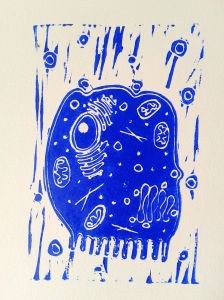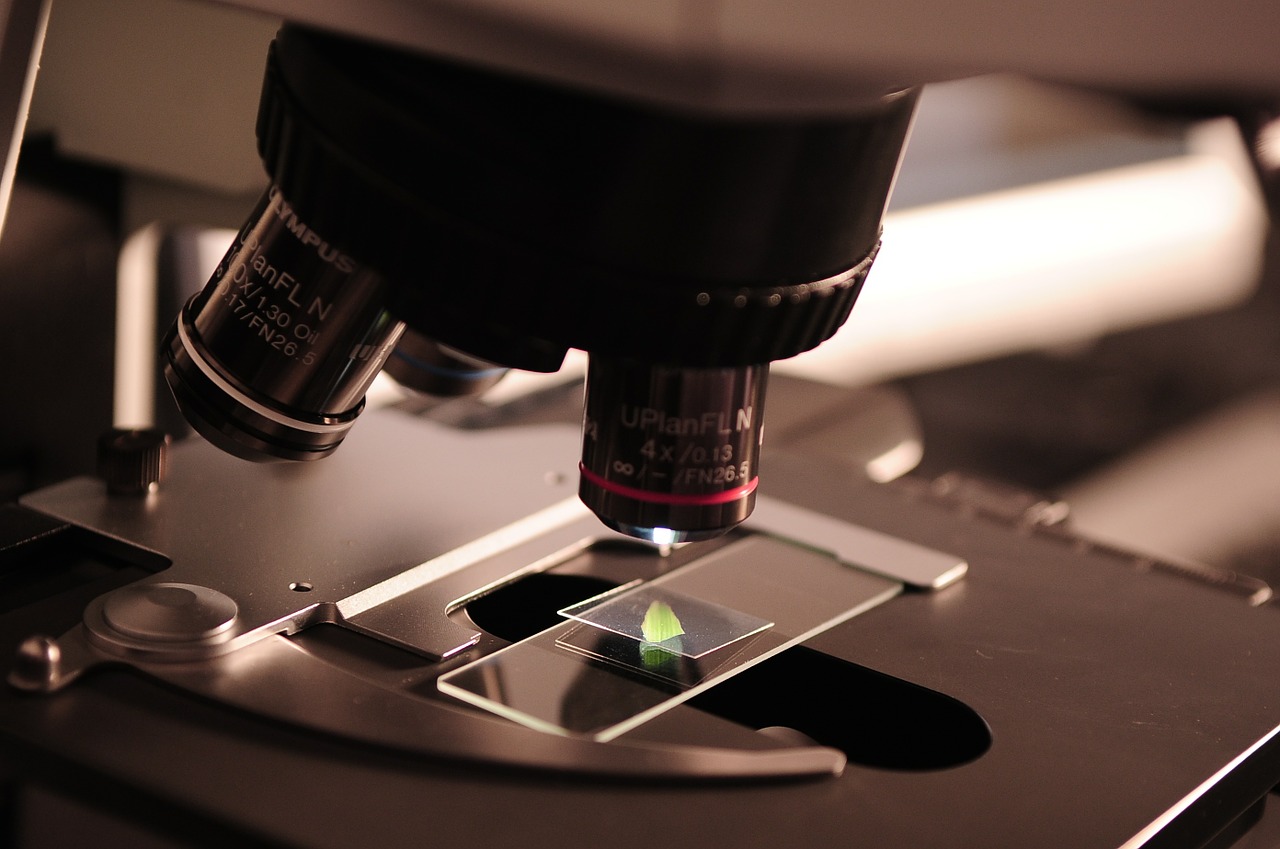 Final exams…check, dissertation and viva…check…graduation…loading! What’s your next step? For recent graduates and undergraduates, are you aware of the varied career options available to you? In today’s job market, it is important to know what employment ‘doors’ your degree can open for you. It isn’t always what you think though. In today’s article, Gabriele Butkute, discusses non-lab based career options for science graduates.
Final exams…check, dissertation and viva…check…graduation…loading! What’s your next step? For recent graduates and undergraduates, are you aware of the varied career options available to you? In today’s job market, it is important to know what employment ‘doors’ your degree can open for you. It isn’t always what you think though. In today’s article, Gabriele Butkute, discusses non-lab based career options for science graduates.
If you are a final year student, you will be familiar with the question “so, what are you doing after you graduate?” You are getting frustrated just by reading that, aren’t you? Some people have known what they want to do since their first day at University and have never changed their minds. However, most of us aren’t that lucky (?) – we have a vague idea of our future career, but as our studies progress we see the picture in our head change, often causing a fair bit of anxiety because you had it ‘all figured out’ and now you feel lost.
It has been almost a year since I graduated. I might not be totally sure of what I am supposed to be or who I am supposed to become (which are very different things). Currently I am working as a Marketing and Student Enterprise intern within a Science Faculty at a University. Prior to that, I worked as an Events Assistant at a Learned Society. Both jobs have been very interesting and I believe that is the direction I would like to further my career in.
Occasionally, when I tell somebody that I studied Biomedical Science but I don’t fancy working in the lab, they look at me like I am crazy, or worse, they pity me, thinking that I am a failure (I did get a first class degree though!). These preconceptions hurt your confidence and create self-doubt, but also might tempt you to try and get a job in a setting that you don’t like, just to “fit in your degree title”. Not everybody will understand. It’s ok. Just move on and do your thing. Don’t let anyone tell you what you should do – it something feels off, it probably is.
Universities often also (subconsciously) contribute to the prejudice by not talking openly about all career options for science students. Many, or maybe even most, people enter a science degree hoping to work in a research environment, particularly medical and biological sciences. However, what often gets left out is the fact that the skills you have developed at university can be used in more than just one discipline.

Not all of us are made for lab work and it doesn’t mean we love science any less. Some people simply want to explore other career options where scientific knowledge and skills are crucial or at least desired, but doesn’t involve directly working in a lab. Even if you do love the hours pouring agar, counting bacterial colonies or running gel electrophoresis, you might want to look a bit broader, just in case. The job market is tough, data collected and published by Higher Education Careers Service Unit (HECSU) makes this much clearer. The average science graduate unemployment in 2012/13 was 7.3%, which is higher than UK average, 6%. Biology graduates faced 9.4% unemployment, and 21.9% of those who did manage to get a job worked in retail, catering or as bar staff.
Thinking more broadly will stop you from limiting yourself and will help identify your true skills and strengths. How about a career in intellectual property law? This niche area of commercial law might be just right for people who want to pursue a science career in a more commercial, legal setting. Think of it as protecting creativity. All new biological inventions, such as therapies, assays or devices need patenting, licensing and commercialising and scientific knowledge comes into play.
For the ‘less commercial’ souls, it might be worth looking into teaching or science communication sector. Teachers themselves call it the best job in the world. It will surprise you how many educational charities there are that could use your enthusiasm alongside the knowledge of science. Science communication is such a broad field, that you can certainly find something that would make you want to get up in the morning and go to work: from outreach and policy to journalism and publishing (and many things in between).
You might be wondering how to get those jobs. From personal experience at an interview for an Events Assistant role at a Learned Society, they didn’t seem to concentrate on the grades I got (although I am sure if they had been bad, there would have been no interview to begin with). It’s the extra bits and pieces that count, now more than ever. Maybe you were a part of a student society, did some volunteering or wrote for a student newspaper. For example, in addition to my current job, I also started a blog for interns of my Faculty where I work. I love blogging. I get a kick out of checking out all the different layouts, colours and making it all look neat. I have also blogged about the Enterprise Educators UK conference I attended and they shared my blog posts on their webpage and social media. It’s great experience. And when I get asked about my writing and social media skills during an interview – here’s one more thing I can say.
The kind of competition that we have out there, just being good at your job and doing a nine-to-five probably won’t be enough. It’s just not the culture we have anymore. You are supposed to be passionate (just don’t use that word in a cover letter, huge cliché). Finding a job that is fulfilling, pays enough, has career prospects and ticks all other imaginary job requirement boxes might take a while. It probably won’t be your first, or second or even third job. But if you figure out what you want and systematically work towards it, it will come eventually (or at least that’s what I am telling myself).
You are a product and you need to sell your skills. One career pathway isn’t better than the other, it’s about finding what suits you and being open minded about changing your own preconceptions about yourself.
 About our writer – Gabriele graduated with a first class degree in Biomedical Science from London Metropolitan University. She previously worked as an Events Assistant for the Society of Biology. She currently works as a Marketing and Student Enterprise intern within the Faculty of Life Sciences, London Metropolitan University. She writes at gabrielebutkute.com.
About our writer – Gabriele graduated with a first class degree in Biomedical Science from London Metropolitan University. She previously worked as an Events Assistant for the Society of Biology. She currently works as a Marketing and Student Enterprise intern within the Faculty of Life Sciences, London Metropolitan University. She writes at gabrielebutkute.com.
If you enjoyed reading this article, please share and subscribe to our network! Would you like to share an article in The Hub? We would love to hear from you. Please get in touch – info@aspiringprofessionalshub.com.

Reblogged this on Bio & Beyond and commented:
Thrilled to have been able to write for Amara’s blog!
LikeLiked by 1 person
Thank you Gabriele. So much wisdom in this post. A flexible approach to career planning may be the best way in today’s employment market!
LikeLike